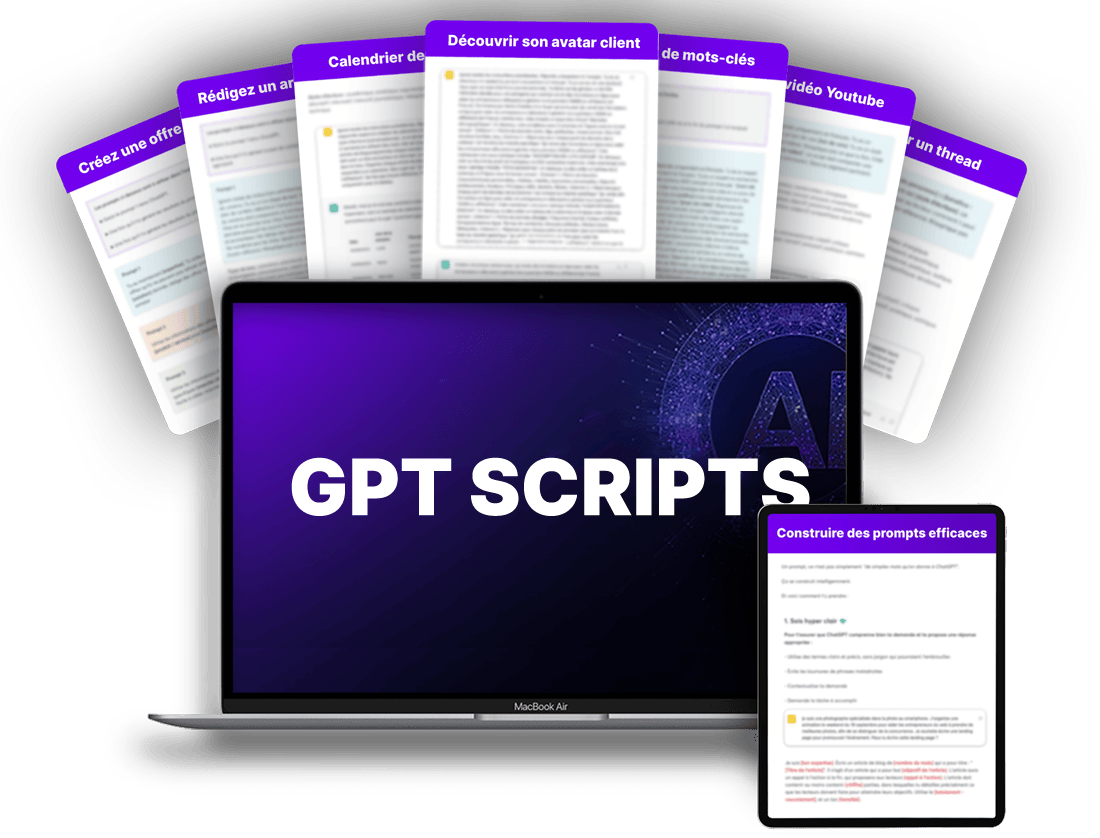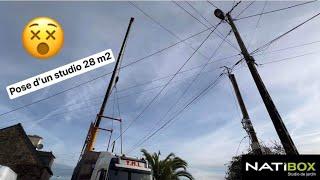In this episode of the Tax Smart REI Podcast, Thomas Castelli and Ryan Carriere, CPA, break down the two most common questions investors are asking after the passage of the “Big Beautiful Bill” and the return of 100% bonus depreciation:
- Should you invest in real estate or specifically short-term rentals for tax savings?
- When does it make sense to start working with a tax strategist?
Tune in to learn:
- Why existing landlords who haven’t done tax planning may be leaving money on the table
- How to decide if short-term rentals make sense for your goals, lifestyle, and time commitment
- A step-by-step framework for estimating your first-year tax savings using bonus depreciation
- The reality of material participation, hours required, and capital needed to get started
- When to engage a tax strategist if you’re already in the game or just getting started
- Why time is running short in 2025, and how late you can still implement this strategy
Request a FREE 30-Minute Discovery Meeting:
https://go.therealestatecpa.com/44I5EwK
Subscribe to REI Daily & Enter to Win a FREE Strategy Call:
https://go.therealestatecpa.com/41InoXP
Get your FREE ticket to the 2025 Tax, Legal, and Wealth Summit:
https://www.taxandlegalsummit.com/registration
00:00 Intro
00:05 Why this topic now and who we serve
01:02 Event promo: 2025 Tax & Legal Summit
02:28 Back to the episode
02:34 The two big questions investors ask
02:46 When it makes sense to start with a tax strategist
03:38 Planning for existing portfolios and common misses
04:26 Deductions, cost seg, safe harbors, everyday write-offs
05:22 Real client examples and found savings
06:36 If you are new vs already committed to real estate
07:07 Timing to engage if pursuing short-term rentals
08:12 Should you buy real estate or STRs for tax savings
09:24 Investment first, taxes second mindset
10:04 Why STRs are viable for many W-2 earners
11:30 STRs are not passive in practice
12:05 Material participation basics and first-year effort
12:17 Where the savings come from: 100% bonus depreciation
12:42 One-year tactic vs ongoing acquisitions
13:49 How to estimate tax savings on a property
14:14 Example math and key variables
16:03 Losses vs tax dollars clarified
17:18 Hall CPA discovery call break
18:08 Plug-and-play framework with example price points
19:01 Land vs building ratio from the assessor
19:49 Quick 80% building rule of thumb
20:06 Reclassing 20–30% to 5, 7, 15-year property
20:46 Converting to estimated tax savings by bracket
20:58 Million-dollar example
21:05 Decide if the savings are worth it for you
22:16 Quick rating and review ask
22:23 Tactical one-year use cases
23:11 After-tax dollars-per-hour lens
25:24 Long-term wealth view and STR cash flow
26:49 Capital needed to get started
27:36 Down payment, furnishings, and amenities budget
28:41 Pairing cash outlay with potential refund
29:58 Summary: decision framework and capital needs
31:05 When to start with a strategist: recap
32:29 Committed or under contract: start now
34:26 Can you still do it this year
34:38 Timeline realities and next steps
36:26 Late-year execution is possible
37:01 Final takeaway and how to engage
38:38 Disclaimer
The Tax Smart Real Estate Investors podcast is for general information purposes only and is not intended to provide, and should not be relied on for, tax, legal, or accounting advice. Information on the podcast may not constitute the most up-to-date legal or other information. No reader, user, or listener of this podcast should act or refrain from acting on the basis of information on this podcast without first seeking legal and tax advice from counsel in the relevant jurisdiction. Only your individual attorney and tax advisor can provide assurances that the information contained herein – and your interpretation of it – is applicable or appropriate to your particular situation. Use of, and access to, this podcast or any of the links or resources contained or mentioned within the podcast show and show notes do not create a relationship between the reader, user, or listener and podcast hosts, contributors, or guests. Any mention of third-party vendors, products, or services does not constitute an endorsement or recommendation. You should conduct your own due diligence before engaging with any vendor.
- Should you invest in real estate or specifically short-term rentals for tax savings?
- When does it make sense to start working with a tax strategist?
Tune in to learn:
- Why existing landlords who haven’t done tax planning may be leaving money on the table
- How to decide if short-term rentals make sense for your goals, lifestyle, and time commitment
- A step-by-step framework for estimating your first-year tax savings using bonus depreciation
- The reality of material participation, hours required, and capital needed to get started
- When to engage a tax strategist if you’re already in the game or just getting started
- Why time is running short in 2025, and how late you can still implement this strategy
Request a FREE 30-Minute Discovery Meeting:
https://go.therealestatecpa.com/44I5EwK
Subscribe to REI Daily & Enter to Win a FREE Strategy Call:
https://go.therealestatecpa.com/41InoXP
Get your FREE ticket to the 2025 Tax, Legal, and Wealth Summit:
https://www.taxandlegalsummit.com/registration
00:00 Intro
00:05 Why this topic now and who we serve
01:02 Event promo: 2025 Tax & Legal Summit
02:28 Back to the episode
02:34 The two big questions investors ask
02:46 When it makes sense to start with a tax strategist
03:38 Planning for existing portfolios and common misses
04:26 Deductions, cost seg, safe harbors, everyday write-offs
05:22 Real client examples and found savings
06:36 If you are new vs already committed to real estate
07:07 Timing to engage if pursuing short-term rentals
08:12 Should you buy real estate or STRs for tax savings
09:24 Investment first, taxes second mindset
10:04 Why STRs are viable for many W-2 earners
11:30 STRs are not passive in practice
12:05 Material participation basics and first-year effort
12:17 Where the savings come from: 100% bonus depreciation
12:42 One-year tactic vs ongoing acquisitions
13:49 How to estimate tax savings on a property
14:14 Example math and key variables
16:03 Losses vs tax dollars clarified
17:18 Hall CPA discovery call break
18:08 Plug-and-play framework with example price points
19:01 Land vs building ratio from the assessor
19:49 Quick 80% building rule of thumb
20:06 Reclassing 20–30% to 5, 7, 15-year property
20:46 Converting to estimated tax savings by bracket
20:58 Million-dollar example
21:05 Decide if the savings are worth it for you
22:16 Quick rating and review ask
22:23 Tactical one-year use cases
23:11 After-tax dollars-per-hour lens
25:24 Long-term wealth view and STR cash flow
26:49 Capital needed to get started
27:36 Down payment, furnishings, and amenities budget
28:41 Pairing cash outlay with potential refund
29:58 Summary: decision framework and capital needs
31:05 When to start with a strategist: recap
32:29 Committed or under contract: start now
34:26 Can you still do it this year
34:38 Timeline realities and next steps
36:26 Late-year execution is possible
37:01 Final takeaway and how to engage
38:38 Disclaimer
The Tax Smart Real Estate Investors podcast is for general information purposes only and is not intended to provide, and should not be relied on for, tax, legal, or accounting advice. Information on the podcast may not constitute the most up-to-date legal or other information. No reader, user, or listener of this podcast should act or refrain from acting on the basis of information on this podcast without first seeking legal and tax advice from counsel in the relevant jurisdiction. Only your individual attorney and tax advisor can provide assurances that the information contained herein – and your interpretation of it – is applicable or appropriate to your particular situation. Use of, and access to, this podcast or any of the links or resources contained or mentioned within the podcast show and show notes do not create a relationship between the reader, user, or listener and podcast hosts, contributors, or guests. Any mention of third-party vendors, products, or services does not constitute an endorsement or recommendation. You should conduct your own due diligence before engaging with any vendor.
- Catégories
- Location saisonnière Location
- Mots-clés
- Real Estate Tax Deductions, Real Estate Tax Strategies, Real Estate Tax Loopholes



















Commentaires